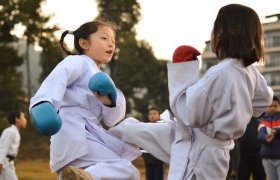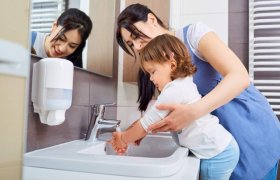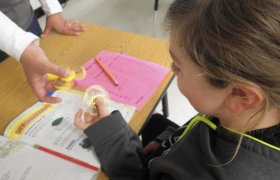The Stink on How Often Kids Should Bathe
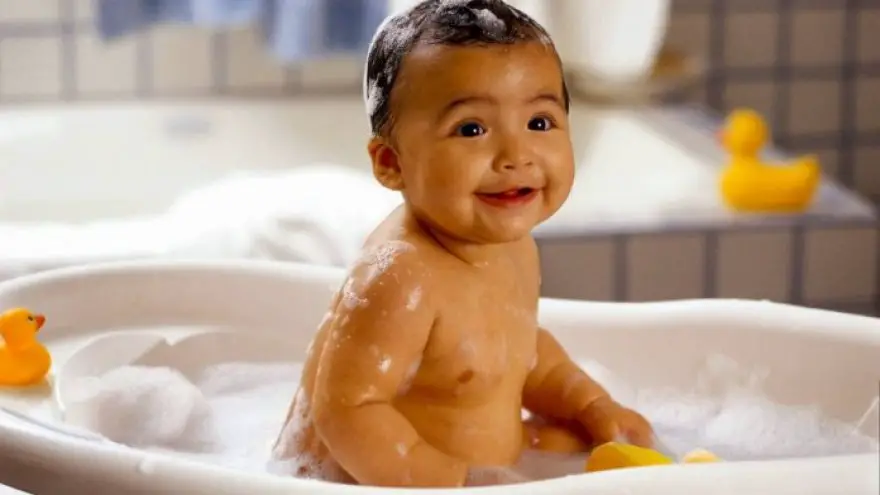
As a parent, you may wonder how often your child should bathe. Children should bathe to clean off the dirt. This could range from daily to once a week.
Depending on the age of your child, you may find these guidelines helpful in deciding how often you should bathe your child. When you become a parent, you have questions about everything. You may have read a million books on parenting and are still not feeling sure about this new experience of baby and bath time.
It is important to remember, that whatever you read, whatever advice you are given, it is most important to trust your instincts and talk with your pediatrician with any questions or concerns you may have. However, it is nice to have a guide. The tips and guide below will give you a baseline of ways to make parenting a little less stressful and a little more successful.
When you have a new baby, you have a lot of questions about what you should or shouldn’t be doing. Should I bathe my baby daily? Is bathing by baby daily okay?
With the flood of information on parenting and advice for new parents, it is easy to become overwhelmed when trying to decide what you should do for your baby.
Making bath time easier for you and your baby is a vital part of reducing stress and anxiety during this exciting time. You will know what is best for your baby, and it is always smart to talk with your pediatrician about what is best for your child. Don’t feel like there is one hard and fast way that everything must be done. Every child and parent are different. What works for your aunt, neighbor, cousin, or what worked for your mother, may be completely different than what will work for you. Trust yourself when creating a bathing schedule for your child.
Infant – age 2
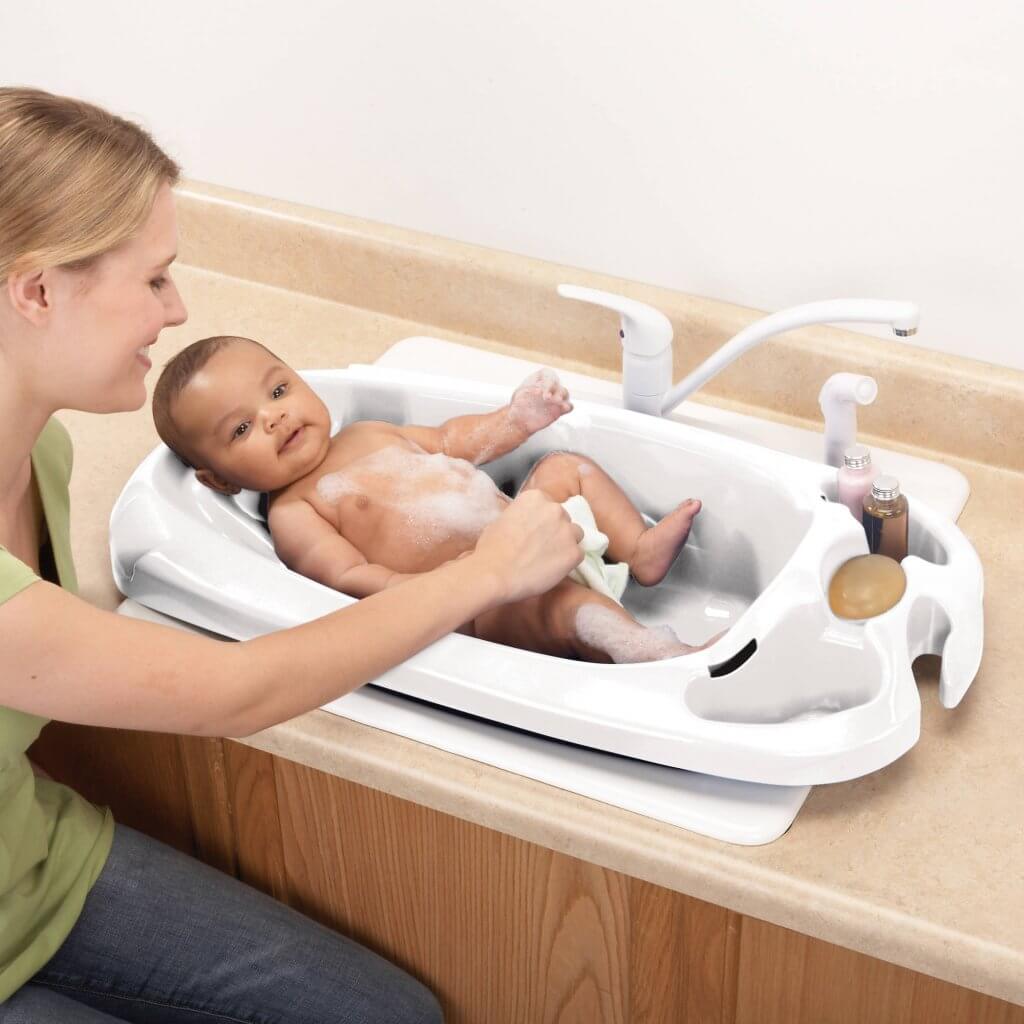
A full bath two times a week or less is completely fine. There will be moments when a bath is immediately necessary. There may have been a blow-out or a food disaster and your baby need a bath right away.
Don’t stress that you have to meet a magic number of how many times you should bathe your baby. When there is a diaper mess, it is more important to clean the dirt off than to worry that you just bathed your baby and you’re not sure if it is okay to bathe them again. When your parenting radar kicks in, you just know.
For the not super gross messy baby, a damp washcloth can do wonders. A soft washcloth ran under warm water is an easy solution to days when your baby hasn’t gotten very dirty and you are between baths. Wipe down their face, neck, and hands first, then wipe any other areas that might need attention.
When giving your baby a bath, start without soap. Test the water temperature with your elbow. It should feel warm, not hot. Have your baby spend about 10 minutes in the warm water without soap, giving your child some play time before getting soapy. They will want to splash around, so have extra towels ready, just in case.
A baby bathtub in the kitchen sink is an easy place to give your baby a bath. It lets you stand upright, have complete control, and this way you will not have to spend 30 minutes hovering over the side of a bathtub. After playtime, you’ll want to add a small amount of soap to a soft washcloth and work up a lather. Start at the head and work your way down. Take care to make sure you are wiping your baby’s neck, underarms, and behind their knees. These are easy spots to miss and often hold unexpected dirt.
Remember, the baby’s skin is very sensitive. Make sure that the soap you use for your baby is designed for babies and sensitive skin.
Children ages 3 – 6
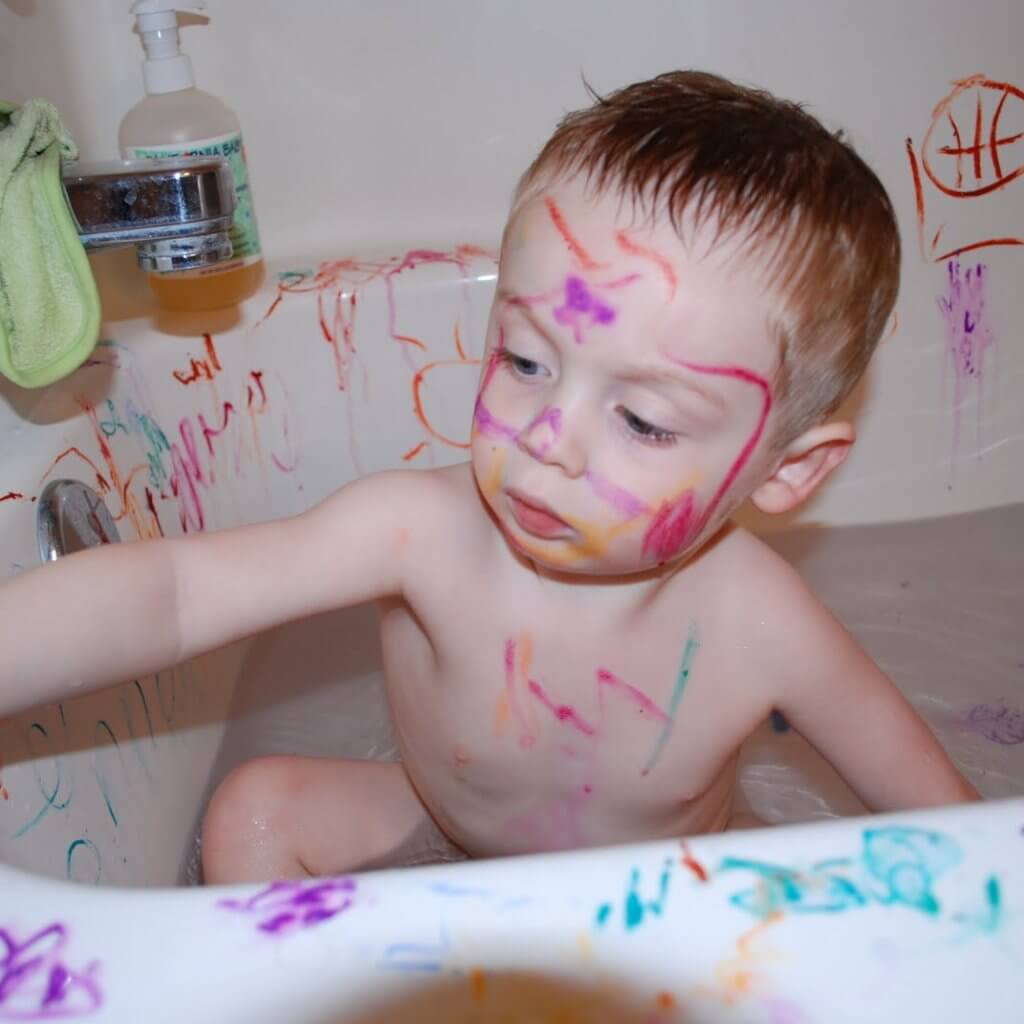
Baths once a week are very typical for children between the ages of three and six. If your sweet child is spending most of the day indoors they will not be getting as dirty as a child that is frequently out and about, playing the yard, or running in and out of the house.
Between the ages of three and six is an important time for you and your child. You can start teaching your child personal grooming habits. Teaching your child to brush their teeth and wash their face on their own when waking up and before going to bed is a habit that will stay with them for years to come. Sometimes schedules are packed, lives are busy, and it is easy to lose track of your child’s bathing schedule. Try putting a sticker on the calendar for a good reminder for you and your child to see which day a bath is expected.
During these childhood years, you will want to begin creating healthy habits before your child starts school. You will have an easier time navigating the changing schedules with school, playtime, and bedtime if your child is already used to a bathing and bath time routine.
You will still be actively monitoring their bath and washing them with soapy water before they are finished with their bath. You should provide constant supervision during this age. Your child should not be left alone in the bath for any reason.
Creating a routine at a young age helps you as a parent too. By creating a bathing routine, you and your child both know what to expect and there are fewer surprises when it comes to bath time.
Children ages 6 – 11

A bath or shower every other day is typical for the elementary school student. You’ll want to make sure that your child isn’t stinky. If they skip a day and shower or bathe every other day, that will be just fine. Keep in mind, if they had a rough day on the playground, or spent hours out in the backyard digging holes, you will want to bathe that night. Going to bed dirty is inviting germs and bacteria into their sleeping space and creating more laundry for you. The cleaner the kids are when they are hitting the sack, the less work you will have in the future.
Of course, more frequent bathing may be necessary if your child gets sweaty, dirty, or their doctor instructs otherwise. If your child has been at the lake, the local pool, or you took an adventure to the river, you will want them to bathe that day.
Children at elementary age should have moderate supervision during bath time. You should have the door open, never locked or closed. Accidents happen at all ages. With the door open you can easily talk to your child and hear them when they are in the bath.
During the pre-teen years, you’ll want your child to start the habit of washing their face twice a day. Have your pre-teen use mild soap and warm water to wash their face. Make sure they remember their chin, neck, and around ears. Sometimes children will just rub the soapy washcloth on their cheeks and forehead and say they are finished. You will want to teach them that their entire face is dirty and oily and they need to wash their entire face. This practice will help once your child hits puberty and begins to see signs of acne.
Tweens and Teens
Every day. Seriously.
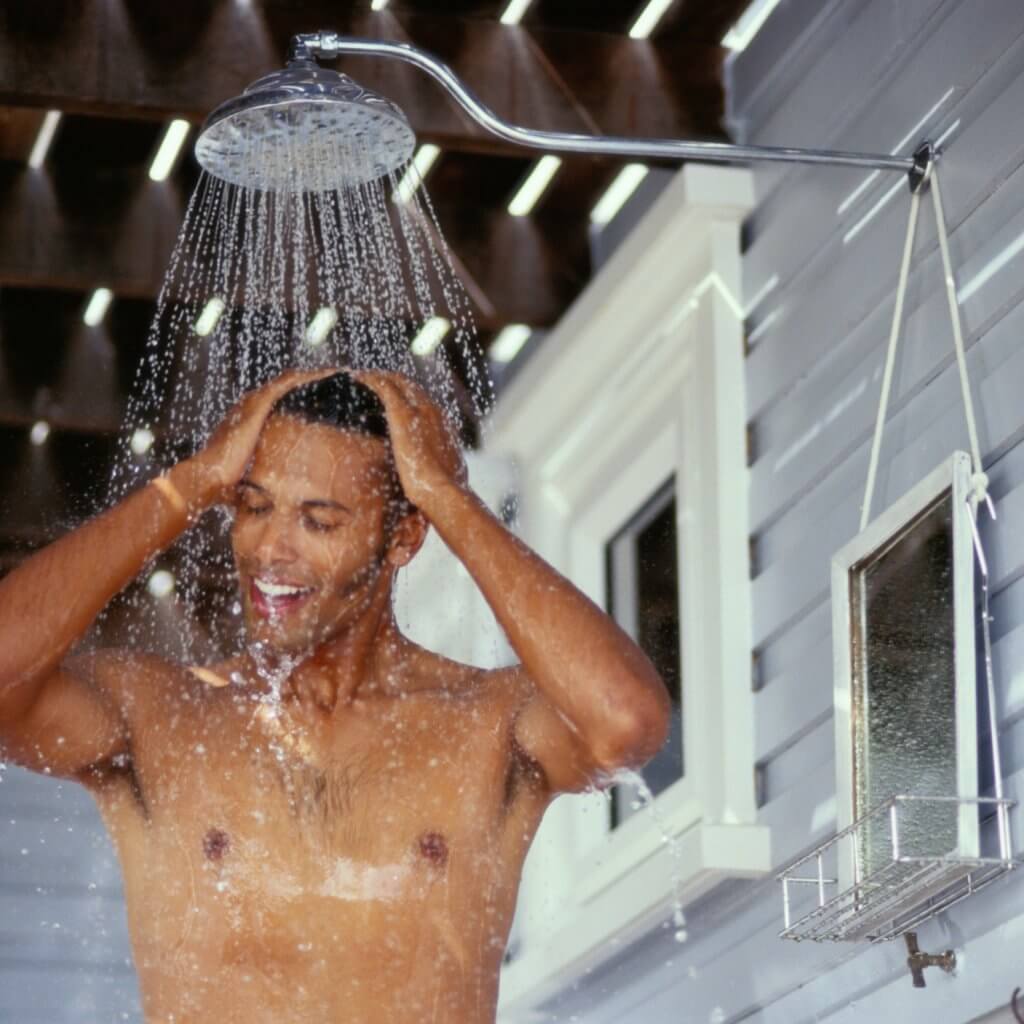
Once your child reaches puberty, you will need to make sure they are bathing every day. As parents, we sometimes overlook our teens bathing habits. It’s important to remember we need to continue to teach our children proper bathing habits even during the teenage years.
Make sure your child focuses on their face, underarms, groin, bottom, and feet. You and your teen can decide if daily hair washing is needed, some teens would rather not wash their hair daily because their hair will dry out. Others need their hair washed daily because it is very oily.
When your child starts to get acne, encourage daily hair washing. This will cut down on the amount of oil that is on their face.
As parents, you will want to be aware of your teens bathing habits and how well they are caring for their hygiene. It is normal for teens to not want to shower, wash their hair, or actually wash their face. You are not alone.
Be a lifeguard. Prevent accidental drowning and stay with your child at all times until they are 7 years old. Keep the door open and unlocked and only allow the door to be completely closed when your child is a teen. Continue to keep the door unlocked and remind your teen that you will only come in if they need you. Privacy is important for teens and safety is important for parents. Compromise.
Do not hesitate to reach out to your pediatrician if you have questions or concerns about your child’s health, bathing habits, or skin sensitives. Hopefully, bath time can be a fun time for you and your baby. A little effort can go a long way in creating well-adjusted young adults that care about their personal hygiene and take care of themselves for years to come. It is important to know that you know your child best. Have patience, be diligent, and remember, parenting is a tough job. You’ve got this.

